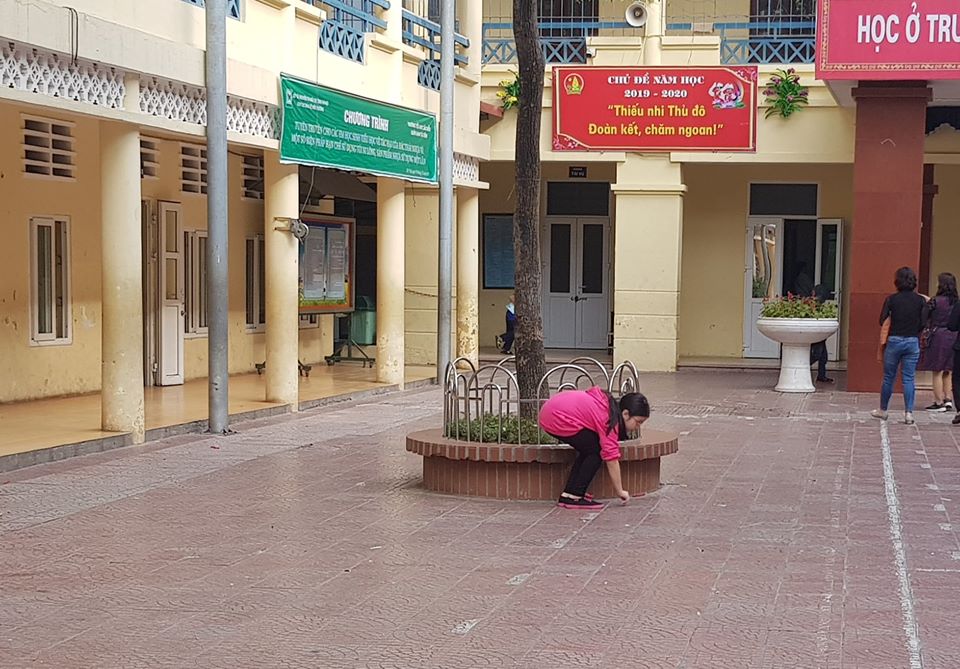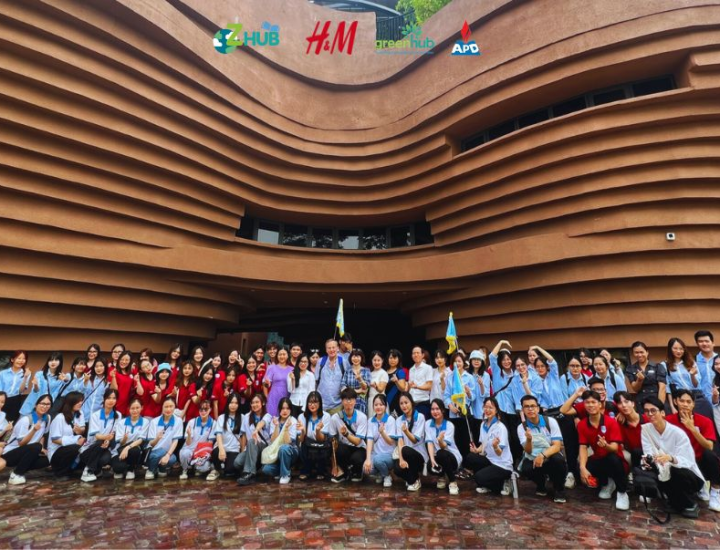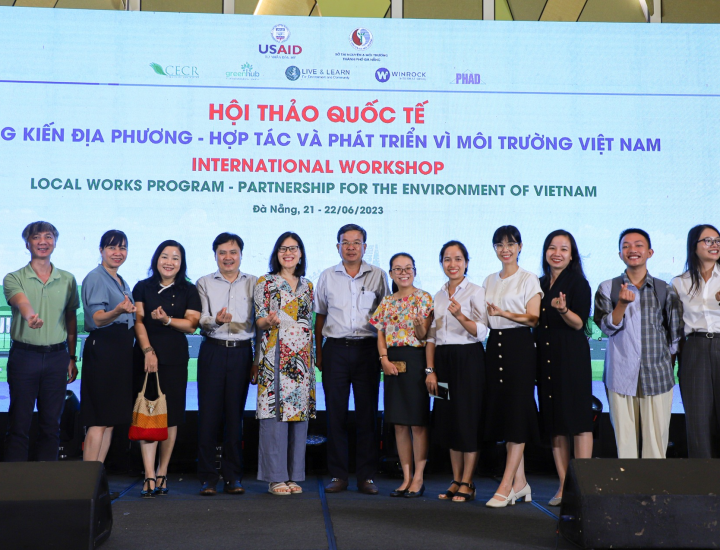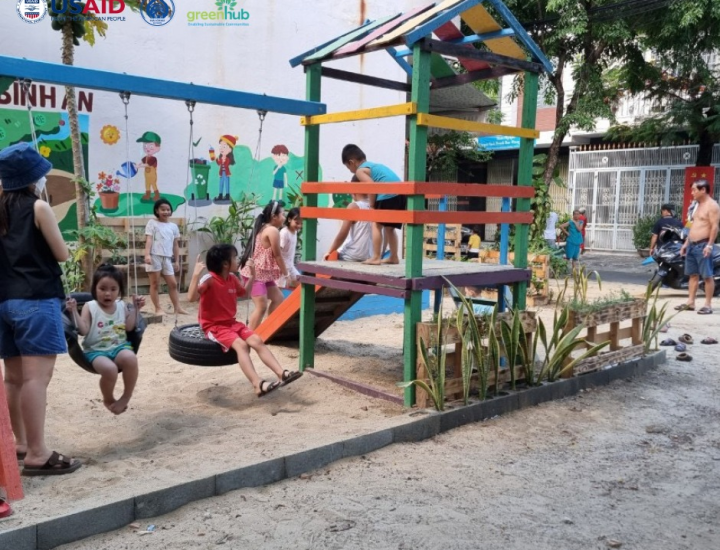Educating Children Today to Create Tomorrow’s Environmental Citizens
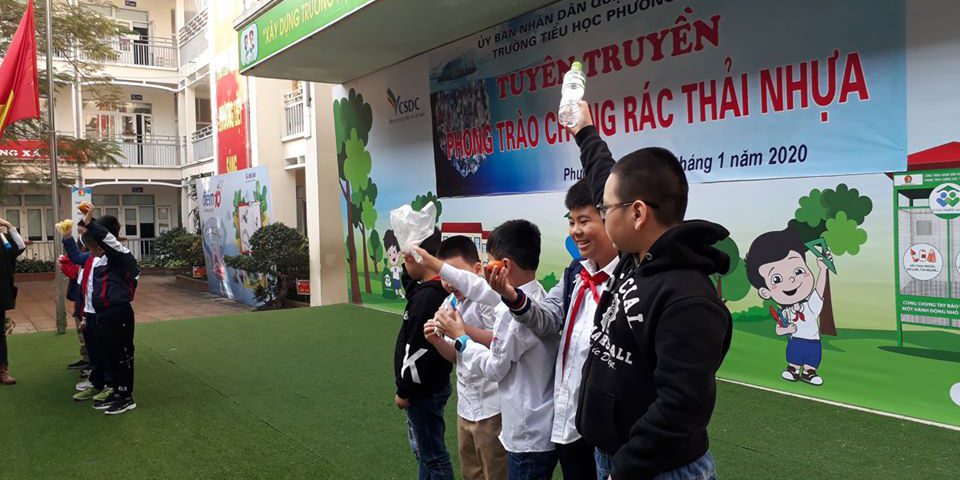
Vietnam is one of the countries likely to be most affected by climate change, one of ten countries that has the worst air quality, and amongst the top five countries disposing the largest amount of plastic waste into the ocean!
Environmental education for children is an essential part of their schooling, which focuses on plastic pollution and discusses how they can contribute to the environment. This includes actions such as refusing all single-use plastic, waste classification, only placing rubbish in prescribed places, reusing and recycling.
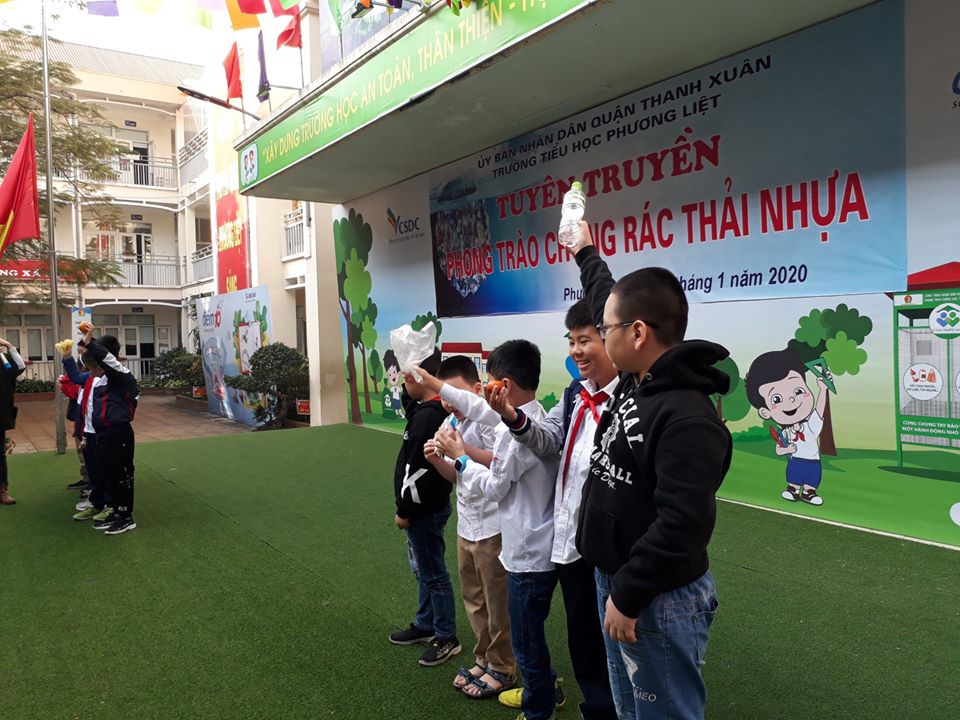
On 30th December 2019 and 6th January 2020, Greenhub, in collaboration with the Environmental Protection Agency (EPA) and Department of Natural Resources and Environment, organized an Educational Program which mainly focused on waste classification, the negative impacts of plastic, and the importance of refusing single- use plastic. The program was held in five schools which are located in Thanh Xuan and Nam Tu Liem district, Hanoi. It helped students to shape their attitudes and behaviours toward plastic waste problems. In this session, they were taught about sources and pathways of plastic waste, effects of overuse of single- use plastic, and the meaning of refusing and reducing. The session was also an opportunity for them to share their own ideas and daily activities about how they can embrace a more sustainable lifestyle and then together come for the final conclusions.
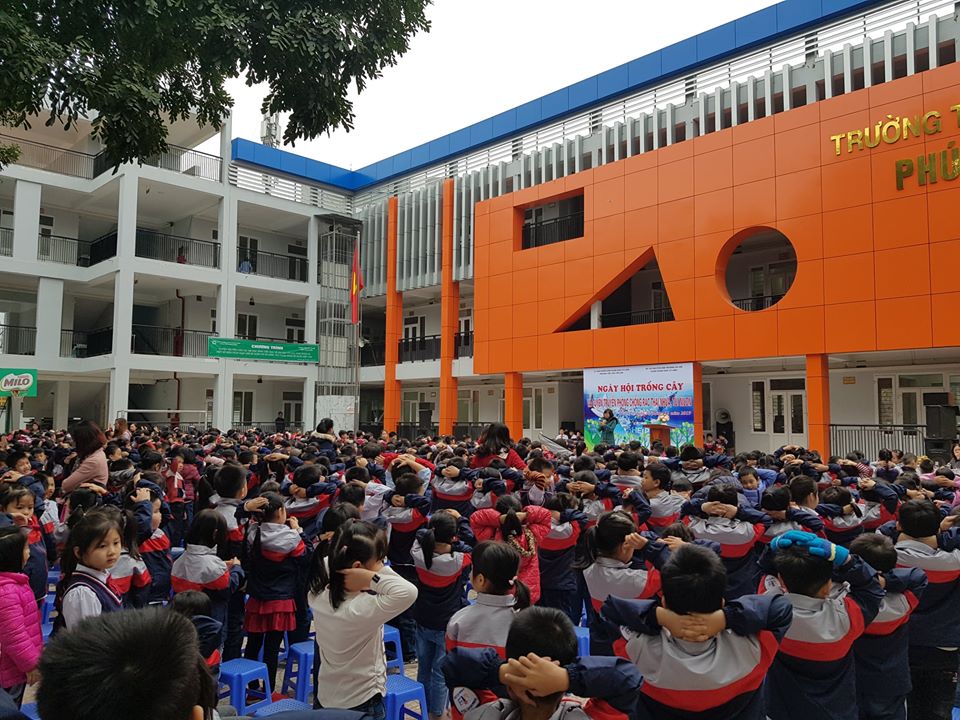
As part of the program, Ms. Tran Thi Hoa, the Director of Greenhub shared: “Besides being a good student at school, please, actively learn about sustainable practises and adopt “green living”, to be a responsible citizen”.
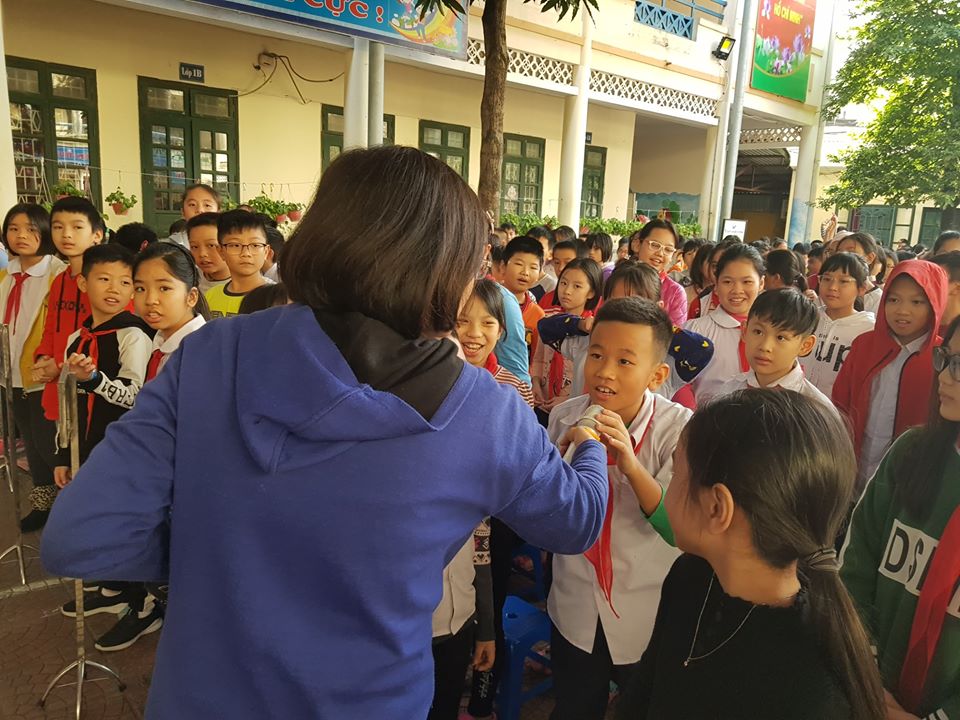
With the cooperation of teachers and the school management board, Greenhub organized some team building games which helped students to understand plastic waste. Students not only enjoyed playing games but also learned several plastic lessons. They also received some eco-friendly presents which are products recycled by Greenhub. The results collected after the program will be used for the development of future environmental education programs of both Greenhub and the EPA.
